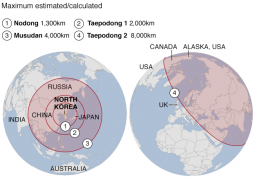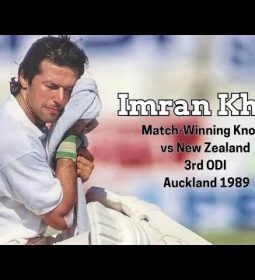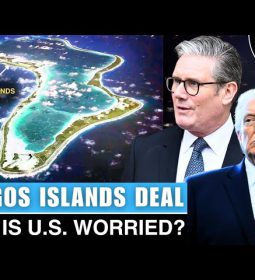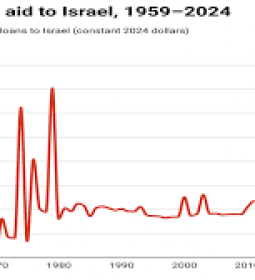Beijing to prepare for decoupling from US
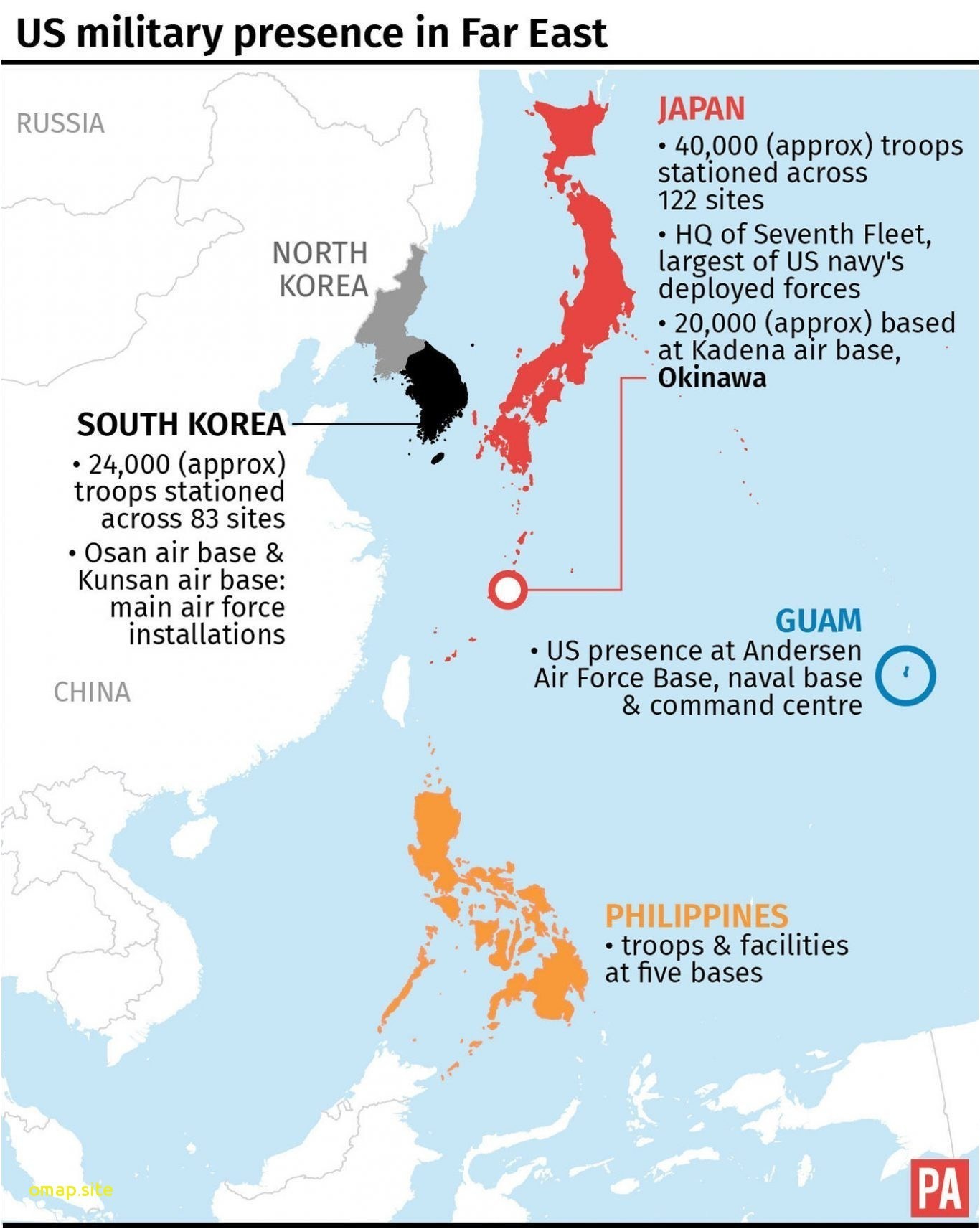
Chinese economists warn Beijing to prepare for decoupling from US
- Break-up of the world’s two biggest economies is gradually becoming a real possibility, academics tell symposium on the trade war
- Think tank director says it could be seen as ‘strategic blackmail’ for Washington to try to contain China’s rise
The break-up of the world’s two biggest economies was gradually becoming a real possibility as Beijing and Washington clashed over issues beyond trade and the White House sought to push China out of global value chains, according to Li Xiangyang, director of the National Institute of International Strategy, a think tank under the Chinese Academy of Social Sciences.
“This economic decoupling is completely possible, in theory,” Li told a symposium on the trade war at Renmin University of China on Saturday.
On July 6 last year, Washington imposed the first round of punitive tariffs on US$36 billion of Chinese imports, with China retaliating by levying duties on the same amount of US goods, marking the start of their tit-for-tat tariff battle.
But the rivalry has spilled over from trade to technology and security, with some observers even warning of a “new cold war” emerging.
“The ultimate target [of the United States] is to contain China’s rise … this is a life-or-death game [for them],” Li said, adding that decoupling could be seen as “strategic blackmail” for Washington to try to prevent China from growing stronger.
He made the remarks as debate heats up in both the US and China about a potential economic decoupling.
Foreign ministry spokesman Geng Shuang later said decoupling was a “very dangerous and irresponsible argument” that would in no way gain support.
However, some in China have argued that decoupling was unlikely to happen because of the deep economic and commercial ties between the two countries.
“But this [argument] cannot be the reason for us to refuse to study it,” according to Li.
He said Beijing was in a difficult position, and its decision makers may need to make more concessions in the trade talks to prevent an economic break-up – but if they ignored this possibility, it would eventually happen naturally.
Li said in a worst-case scenario, China could be decoupled entirely from the rest of the world, while the best case would be a decoupling of China and the US that meant Beijing could continue to pursue economic cooperation with other Western and developing countries.
He added that decoupling could also change how China opened up in the future, saying a consensus was emerging in Beijing that providing wider market access to the rest of the world might help to weather uncertainties from the trade tensions with Washington.

Liu Qing, an economics professor at Renmin University, echoed that view, telling the symposium the uncertainties could also derail China’s technology sector if other countries decided to reduce their dependence on its resources and products.
He called on decision makers to manage international relations better, since advanced and emerging economies were taking advantage of the trade conflict to replace Chinese suppliers in some of their industrial chains.
“We should avoid a situation of being beaten by a group [of countries],” Liu said.
Wang Xiaosong, another economics professor at Renmin University, said China should look at its relations with the US more strategically, noting that economic growth could be dragged down by 1.3 percentage points if the existing tariffs imposed by both Washington and Beijing continued.
Earlier this week, commerce ministry spokesman Gao Feng said a trade deal would only be possible if the US called off all tariffs on Chinese products.
But analysts in China were cautious, with many expecting a long-term dispute.
Sun Jie, a researcher at the Institute of World Economics and Politics at the Chinese Academy of Social Sciences, said rivalry between China and the US would not be resolved by a single agreement.
He said Beijing could work more with its Asian neighbours to prepare for a possible decoupling with the United States.
- Previous Tens of thousands of anti-government demonstrators march to give Chinese visitors the reasons for their mass protests.
- Next Is China’s propaganda machine losing the public relations battle with the US?





